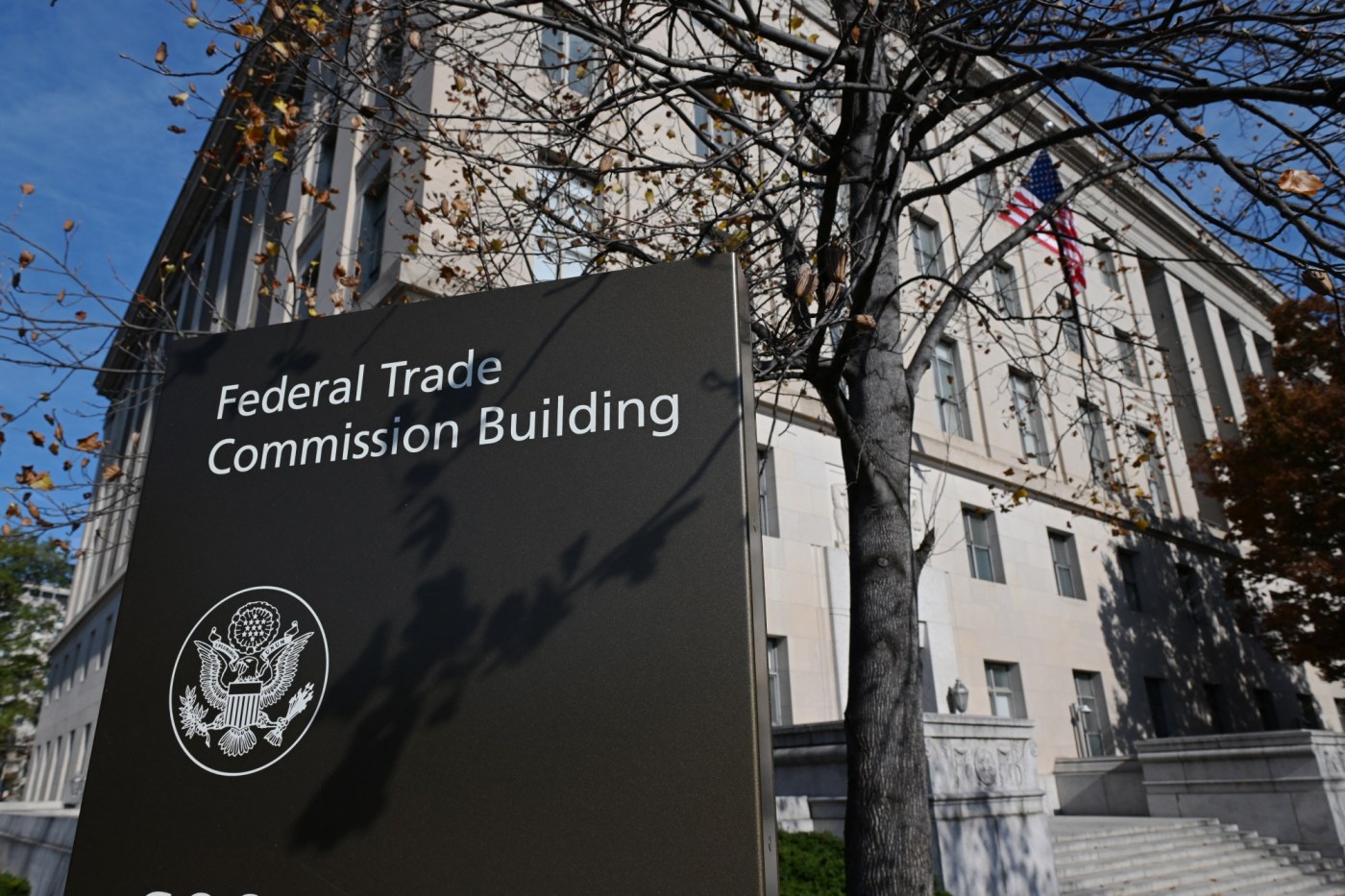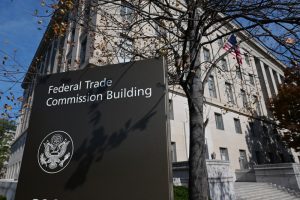
FTC sues largest US wine and spirits distributor, saying it discriminates against smaller stores
By DEE-ANN DURBIN
The Federal Trade Commission sued the largest U.S. distributor of wine and spirits on Thursday, saying it is illegally discriminating against small and independent businesses.
Related Articles
Police say suspect in UnitedHealthcare CEO killing wasn’t a client of the insurer
US hikes tariffs on imports of Chinese solar wafers, polysilicon and tungsten products
Lies, damned lies, and politics: Republican source for Biden dirt admits he made it up
YouTube TV is hiking its monthly price, again. Here’s what to know
3 men say in lawsuits that Sean ‘Diddy’ Combs drugged and sexually assaulted them
Southern Glazer’s Wine and Spirits doesn’t give smaller stores access to discounts and rebates that larger chains receive, putting the smaller stores at a competitive disadvantage, the FTC alleged in the lawsuit it filed in California.
“When local businesses get squeezed because of unfair pricing practices that favor large chains, Americans see fewer choices and pay higher prices — and communities suffer,” FTC Chair Lina Khan said in a statement.
Miami-based Southern Glazer’s called the lawsuit “both misguided and legally flawed.”
“Alcohol distributors face numerous regulations that dictate how they compete and can price and discount products, and Southern Glazer’s complies with those legal requirements,” the company said. “Southern Glazer’s strongly disputes the FTC’s allegations and will defend itself vigorously in this litigation.”
Southern Glazer’s is one of the largest privately held companies in the U.S., with $26 billion in revenue from wine and spirits sales to retail customers in 2023, according to the FTC. It distributes one out of every three bottles of wine and spirits in the U.S. and serves commercial customers such as Total Wine, Costco and Kroger.
The FTC’s case is based on the rarely enforced 1936 Robinson-Patman Act, which permits volume discounts but only if a seller can demonstrate they achieve real cost efficiencies.
According to the FTC, Southern Glazer’s has repeatedly offered quantity discounts and rebates to large buyers that aren’t justified by the difference in the costs of distributing products. In some cases, Southern Glazer’s has charged significantly higher prices for sales of identical bottles of wine and spirits to independent retailers than to large chains that are only a few blocks away.
Southern Glazer’s also doesn’t inform smaller retailers about quantity discounts, rebates and other special offers available to larger chains even when smaller stores could participate in the deals, the FTC alleged.
The FTC is seeking an injunction in the U.S. District Court for California’s Central District to prohibit further price discrimination.
The fate of the lawsuit under the Trump administration is unclear. Two of the FTC’s five commissioners voted not to authorize the lawsuit against Southern Glazer’s. President-elect Donald Trump recently picked one of the objecting commissioners, Andrew Ferguson, to head the FTC.
In his dissent, Ferguson said the FTC had not brought a case under the Robinson-Patman Act in more than 25 years. While the act should be enforced, the FTC was unlikely to prevail in Southern Glazer’s case, he said.
Ferguson said that while it’s possible the FTC might discover some instances where Southern Glazer’s price differential could not be fully justified, only “substantial price discrimination” — not isolated situations — violate the act.
“The evidence presented to me does not lead me to the conclusion that such extensive, unjustified discrimination has taken place,” Ferguson wrote.


